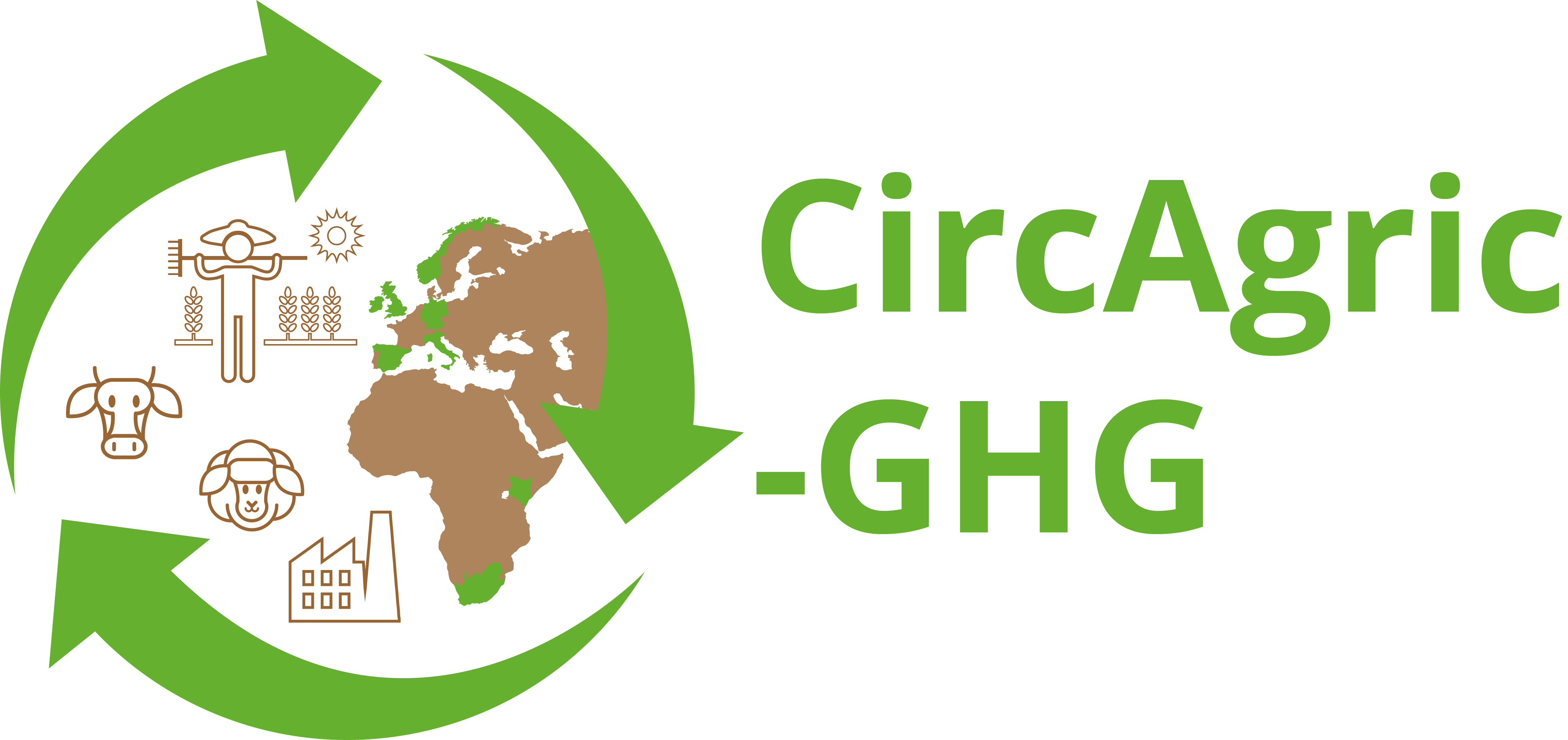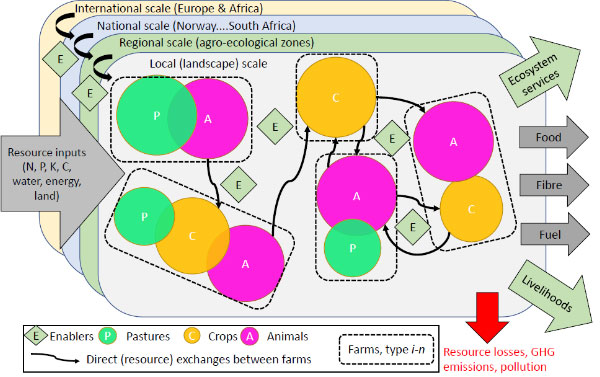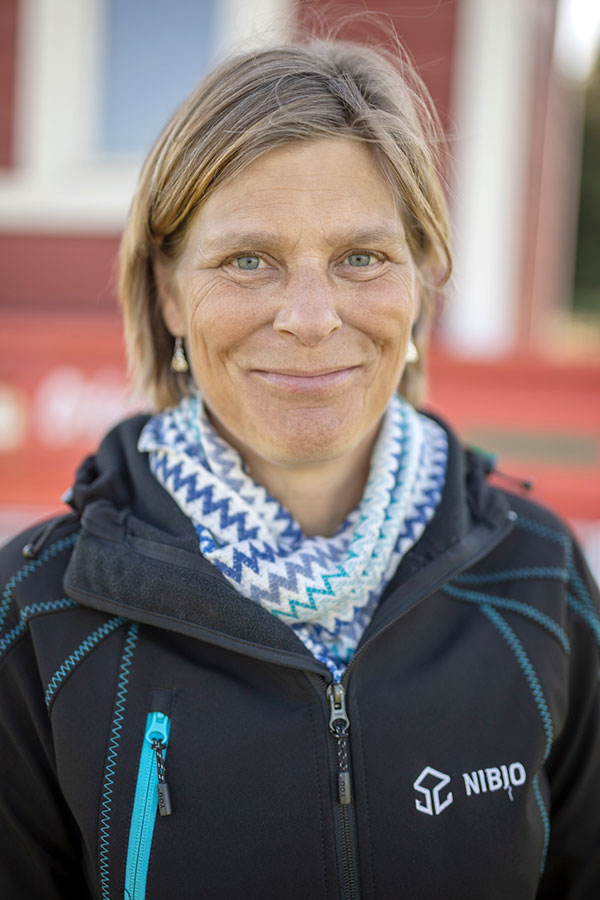Strategies for circular agriculture to reduce GHG emissions within and between farming systems across an agro-ecological gradient

Over the past decades, European farms have trended towards specialisation and high per ha yields, but have become increasingly dependent on external inputs to compensate for declining recycling of nutrients. Meanwhile, farms in sub-Saharan Africa less specialized, have low inputs and yields and much higher vulnerability to climate change compared with European farms. More efficient (re)cycling of resources (nutrients, water, energy and land) across the agri-food sector and enhanced resilience is imperative to deliver food security whilst respecting ecological boundaries and rural livelihoods. In Europe, recoupling (direct and/or remote) of livestock and crop systems could play an important role in more efficient (re)cycling of resources across livestock and crops, and food value chains. In Africa, integrating sustainability and resilience objectives with enhanced food security could avoid some of the trade-offs currently experienced in Europe (e.g., high GHG emissions and N pollution).
CircAgric-GHG will draw upon state-of-the-art knowledge, research methods and models to assess how circular practices can deliver sustainable food systems. Using farm typologies as a baseline, the extent of existing circular practice implementation will be evaluated. Promising practices to enhance circularity will be proposed across typologies and agro-ecological zones. High-resolution modelling of resource cycling and GHG emissions at farm and landscape level will be undertaken using process and farm models, with remote sensing of particularly uncertain land-use emission fluxes using novel satellite and drone technology. LCA will be applied to integrate modelling outputs into environmental footprints of food production, developing a novel framework for future projects. Farm-scale modelling will also inform a marginal abatement cost curve and a decision support tool, enabling robust comparison of GHG abatement efficacy of specific circular practices.

Source: Vibke Lind, NIBIO
Meanwhile, stakeholder dialogue via workshops and focus groups will identify systemic lock-ins and levers pertinent to wide-scale deployment of circular practices, culminating in a Transition Roadmap. Scenario analysis will then integrate farm-scale abatement with macro resource flow and land-use change consequences of promising practises. Consequential LCA will be applied to evaluate the technical potential for circular scenarios to meet 2030 Farm to Fork and 2050 climate neutrality targets, with the screening of major Ecosystem Services effects.
Results will be made available in an open-access database. Project partners will engage their stakeholder networks and outreach organisations to leverage impact through transdisciplinary research, maintaining dialogue via social media, workshops and focus groups, as well as traditional academic channels. Emphasis will be placed on the diversity of circular practices needed to improve resource efficiency and sustainability, and GHG abatement across mixed crop-livestock systems at different scales (farm to international).
The CircAgric-GHG consortium is ideally positioned to deliver impact, spanning a diverse range of farm typologies and agro-ecological zones, representing a wealth of expertise across alternative feeds, ruminant methane mitigation, mixed-species swards, protein-crop rotations, dairy-beef system interconnections, biological waste- and co-product recycling and on-farm bioenergy production. CircAgric-GHG will draw upon data from existing projects, insight from ongoing stakeholder dialogue, and a basket of state-of-the-art scientific methods, in a strategic manner to assess relevant practices at the appropriate scale to shape sustainable food system transitions across Europe and Africa over the coming decades.

Source: Therese Jaegtvik, NIBIO
Dr. Vibeke Lind
Norwegian Institute of Bioeconomy Research (NIBIO), NORWAY
Email: vibeke.lind@nibio.no
Dr Claudia Arndt
The International Livestock Research Institute (ILRI), KENYA
Dr. Agustin del Prado
Basque Centre For Climate Change (BC3), SPAIN
Dr. David Styles
University of Limerick (UL), IRELAND
Dr. Clemens Scheer
Karlsruhe Institute of technology (KIT), GERMANY
Dr. Stefania Colombini
University of Milan (UNIMI), ITALY
Dr. James Humphreys
Agriculture and Food Development Authority – Teagasc, IRELAND
Dr. Lindeque Toit
University of Pretoria (UP), SOUTH AFRICA
Prof. Dave Chadwick
Bangor University (BU), UNITED KINGDOM
Dr. Norbert Pirk
University of Oslo (UO), NORWAY
Project webpage: https://www.circagric.org//
Facebook: https://www.facebook.com/circagricghg#
Linkedin: https://www.linkedin.com/company/101381931/admin/dashboard//